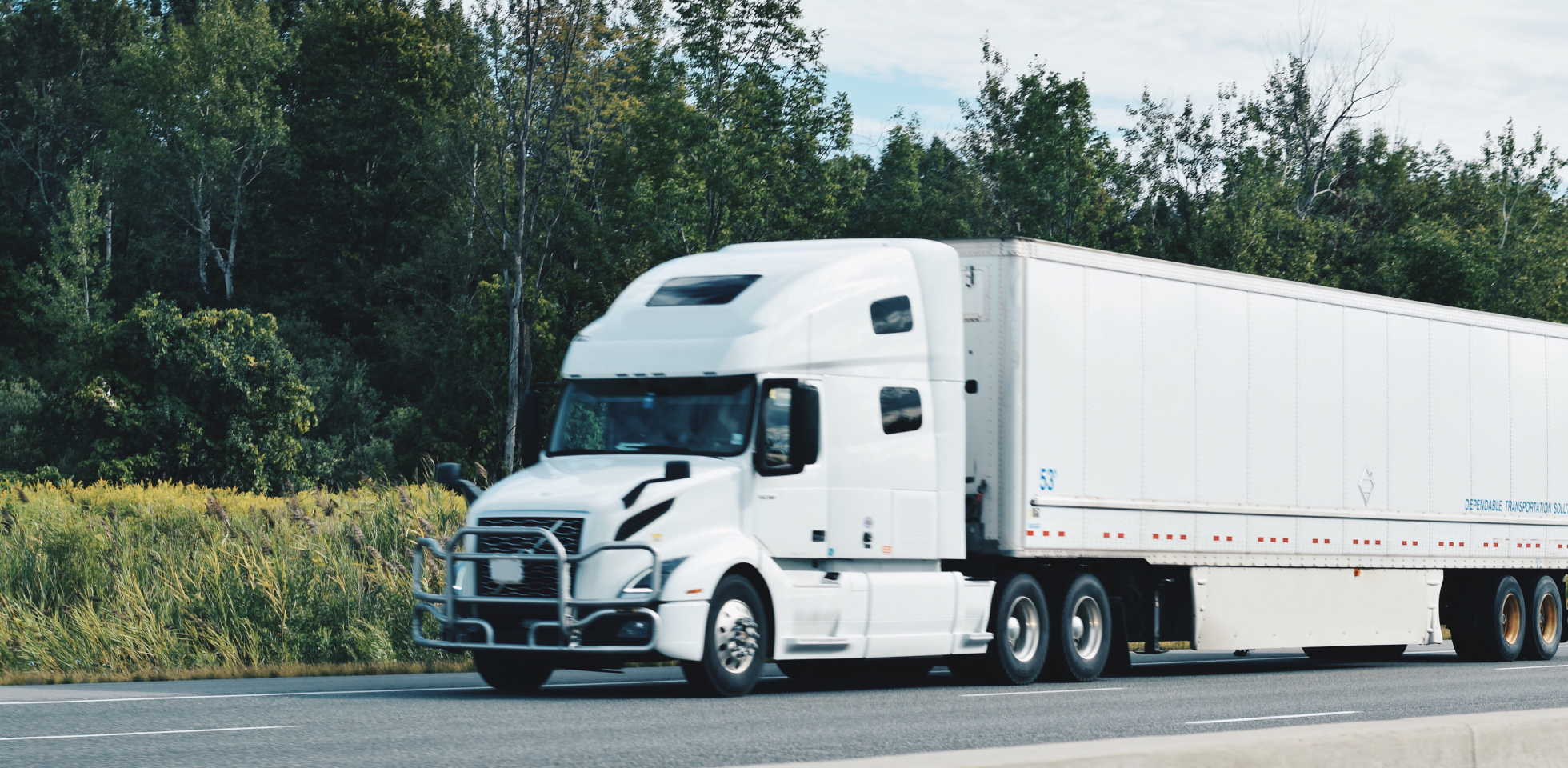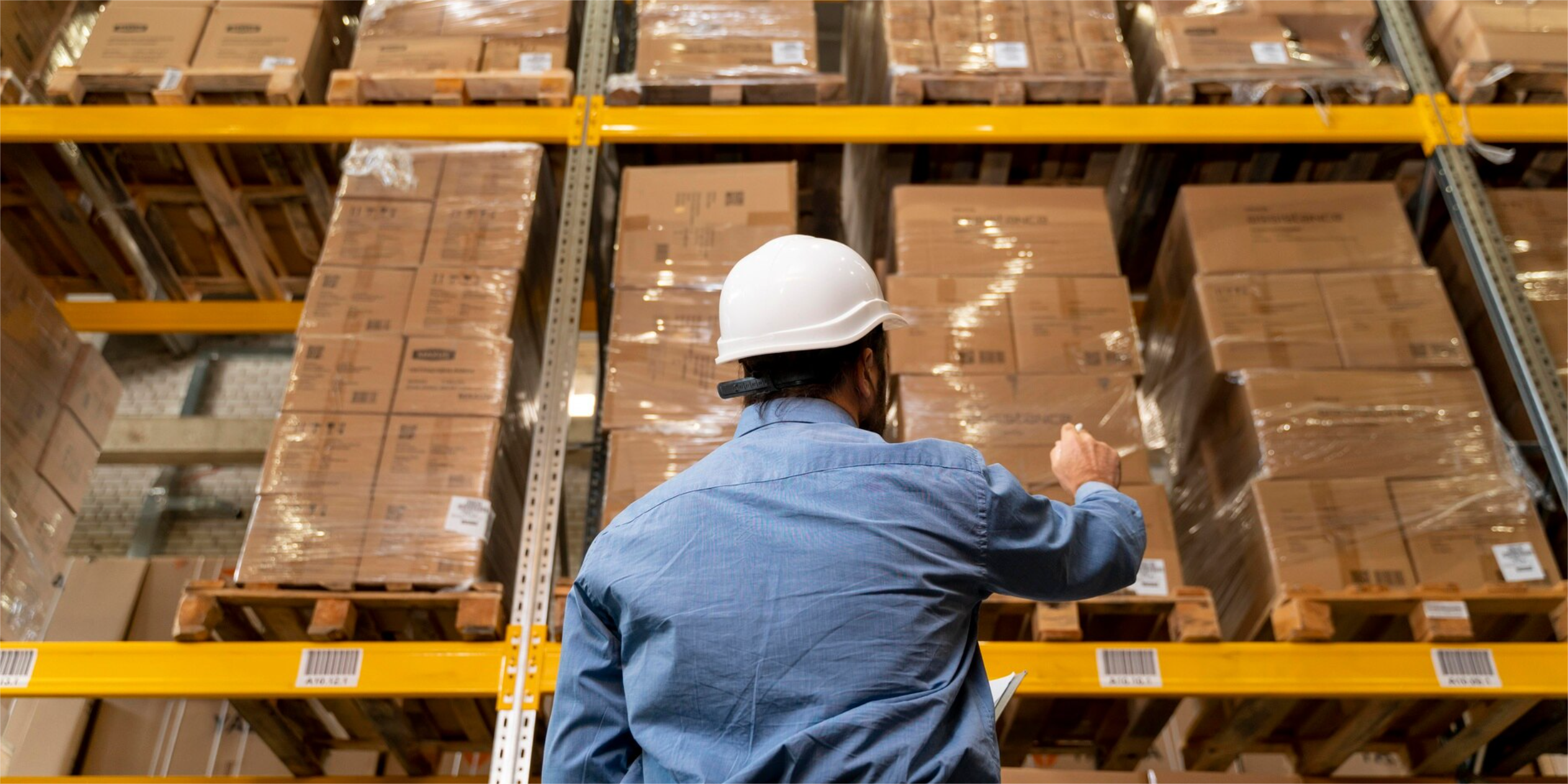The environment crisis demands change in all kinds of manufacturing and distribution systems. Logistics is responding by coming up with increasingly ambitious projects.
Colombia is the home to one of these newest projects as the government has been incentivizing the use of electric vehicles since 2018’s Law 1964, looking to lower its carbon footprint.
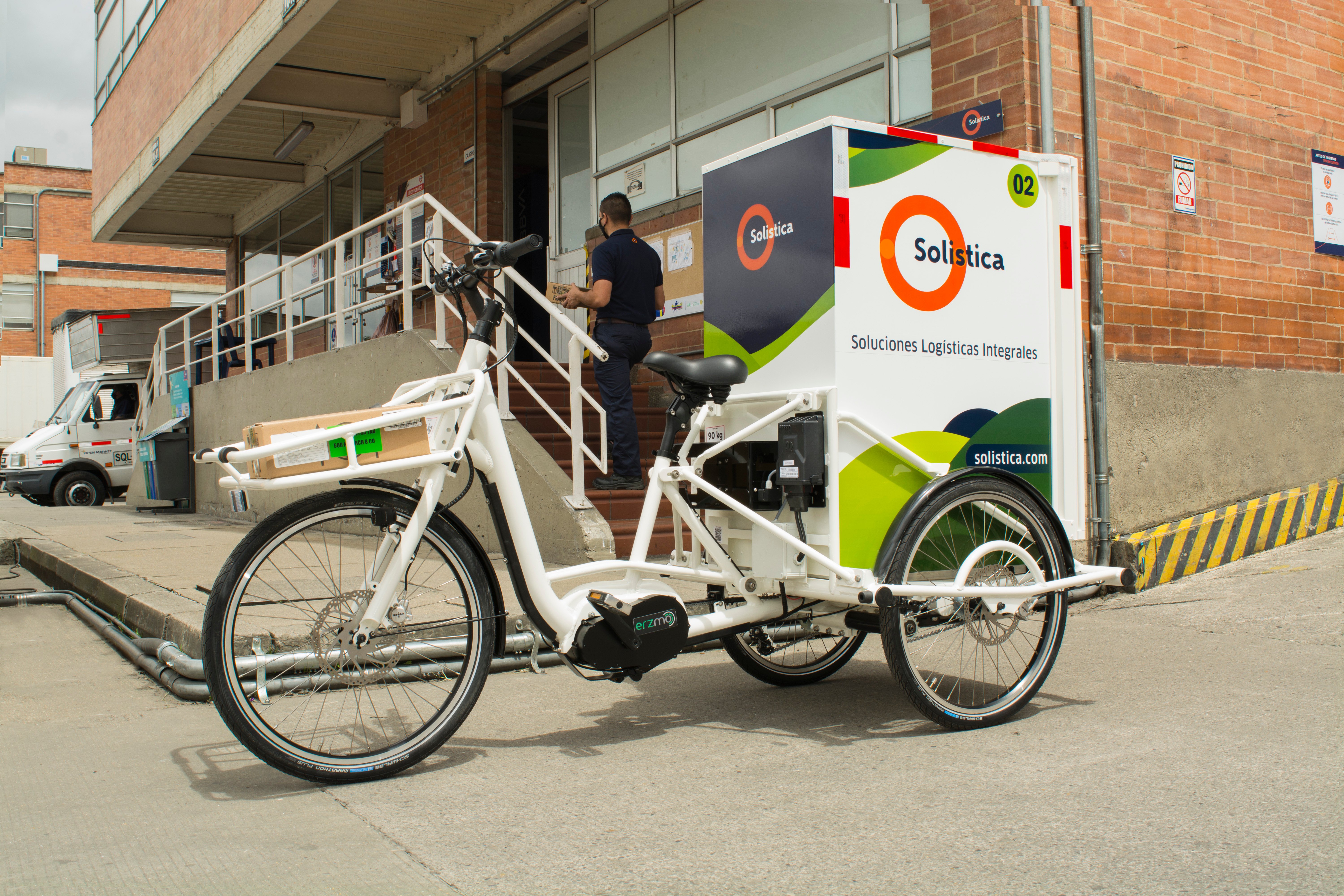
The projects aim to foster the “intracity transportation of the future”, an optimized cargo bicycle model MovR Rytle, for the challenges presented by the last mile.
There cannot be a place to test these bicycles better than the world’s bicycle capital: Bogotá. This city leads the issue of urban cycling in Latin America and the World with 680,000+ trips per day.
This is a wise choice since it also is the third most gridlocked city in the world boasting a whopping 53% of congested traffic. This means, a 30-minute trip takes 53% longer to complete.
Because of this issue, Bogota also has heavy pollution, forcing authorities in 2019 to increase environmental restrictions, resulting in businesses closing at specific times, which had a great impact on manufacturing chains.
The goal of this project is to lower the carbon footprint of our operations thanks to this electric fleet (as comparison, a common truck issues 13 Tons of CO2 per year), without compromising our levels of service.
Innovation with multiple benefits
Besides the concern for the environment and social impact, Solistica’s use of this new transportation method aims to lower delivery times, increase flexibility (since drivers do not need driving licenses to begin with), and other opportunities to improve the perception of service.
For example, new routes can be created since vehicles can use the bicycle lanes. It also allows drivers to park on boardwalks and offers fast and safe movement throughout the delivery network.
A flexible, fast, comfortable to ride on, and easy-to-use option, ideal for orders up to 180 kilograms and 14 to 18 parcels.
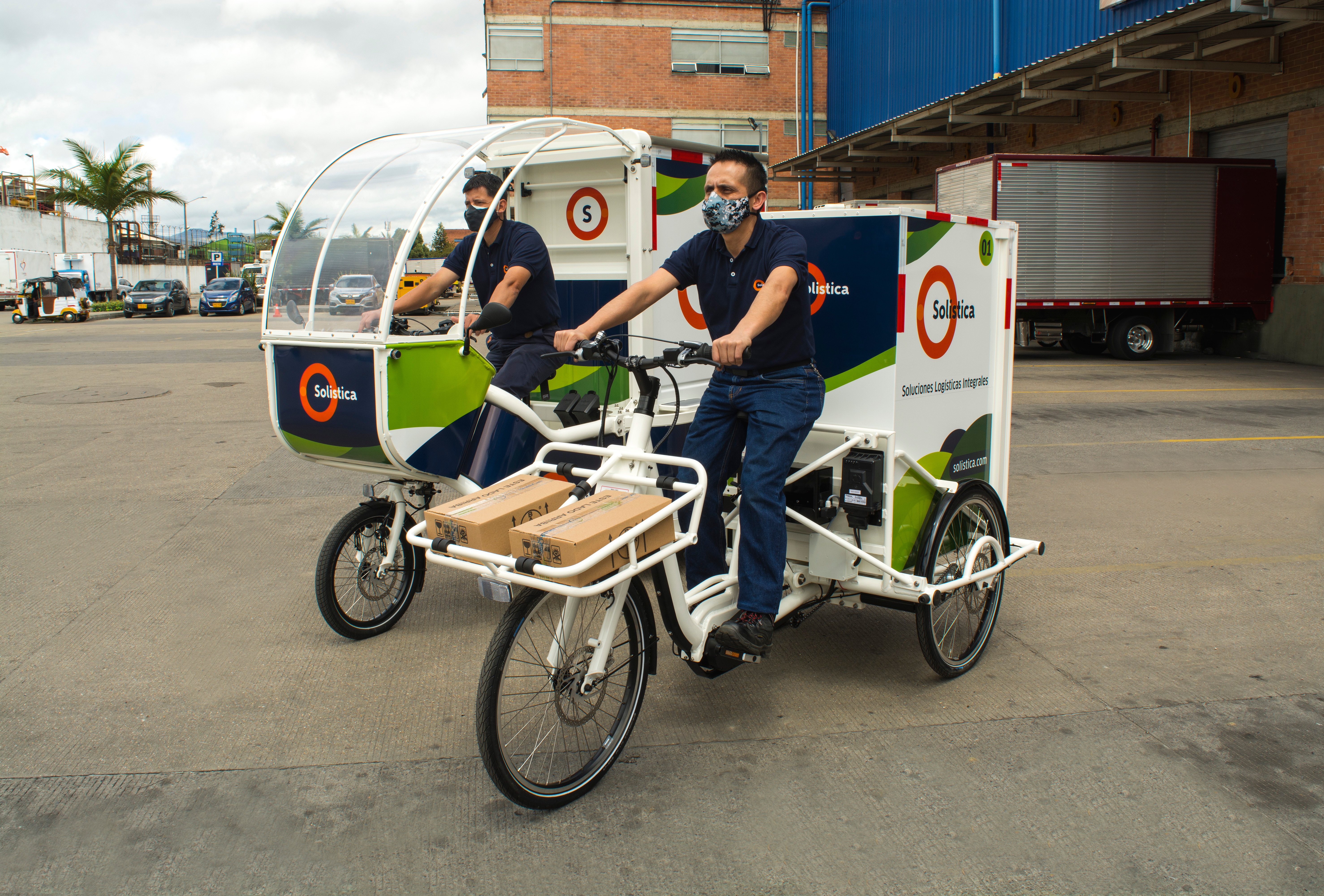
Models
The project includes two vehicles:
RYTLE MoVR as the main vehicle due to its capacity ranging from 150 to 180 kilograms and a battery for 90 kilometers and the RYTLETriliner as support vehicle thanks to its capacity ranging from 90 to 120 kilograms and a battery for 90 kilometers with several versions of cargo boxes.
The result is a standardized transportation with an integrated lift and retention system for the cargo box or other goods using standard European pallet sizes; a locked transportation basket with a strong lid on the front; and a link between the user and hardware through an app.
In addition, vehicles have several sensors such as GPS and indicators for battery life and engine power. In other words, drivers can monitor every relevant thing and react in consequence.
Stages
The proposal follows this route:
1. Programming
The product’s route is consolidated, zoned, and assigned by CILOG.
2. Loading
The product is loaded at CILOG, and the vehicle is closed.
3. Unloading
Goods are transported from CILOG to Northern Node and the goods are then unloaded to tricycles.
4. Distributing
The tricycles deliver the goods to recipients, guaranteeing meeting the deadlines and full documentation.
5. Documents
Documents are returned to CILOG and are transferred to electronic formats.
6. Completed delivery.
Process ends.
7. Delivery to client
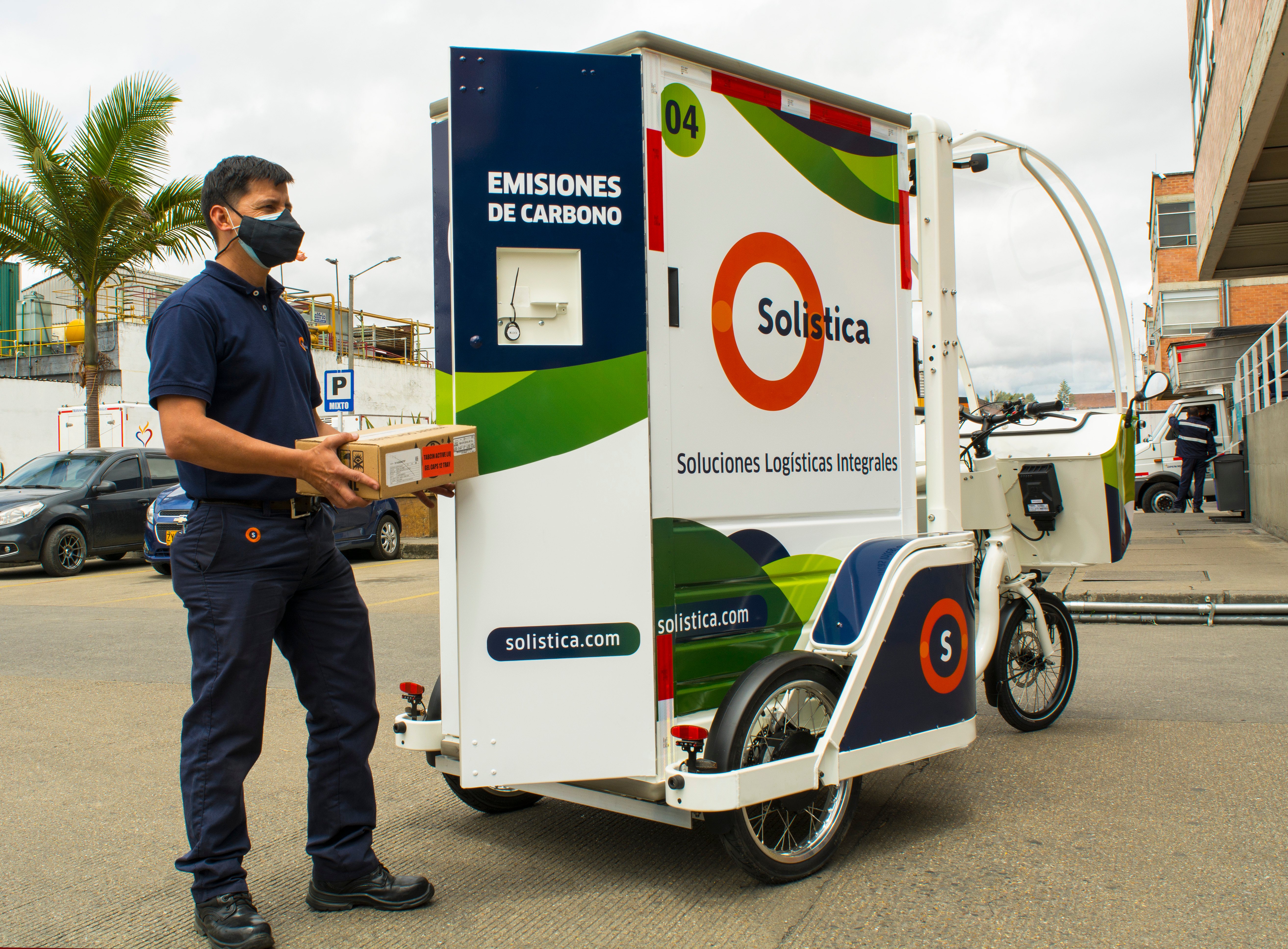
In terms of location, there is a 320 square meter space with zones for transit, maneuvering, loading, classification, parking, and work as well as bathrooms and lockers.
City logistics faces all kinds of challenges: environmental zones, narrow streets, and traffic jams. Thus, Solistica is betting on innovation by incorporating a fleet of electric bicycles in Latin America, looking to expedite a positive change in cities, mitigate its environmental impact, get closer to clients, and implement advanced technology to improve its logistics processes.

